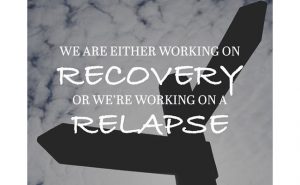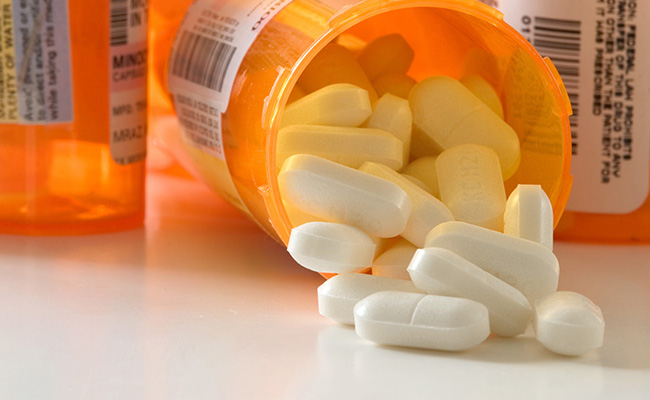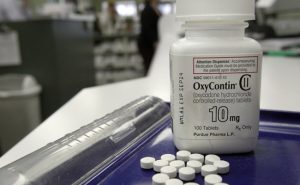The structure and schedule which surrounds the rehabilitation program at DARA is of great importance for an addict in the initial stages of recovery. When a life has gone out of control we need to look outside ourselves and engage help with how to reintegrate it.
If you look at the way in which the DARA schedule is set out, most days start with some form of exercise or workout. One of the things I’ve learnt whilst working as an Addiction Therapist within the facility, is the benefit of the warm, sunny days when dealing with the initial stage of recovery.
Physical Activity
The physical and mental health benefits of getting the body up and moving are well documented. Doing it first thing, is a great way to start the day and ground yourself within.
 As you look out from our pool area, emerging through the jungle canopy, is the sparkling blue gulf of thailand.
As you look out from our pool area, emerging through the jungle canopy, is the sparkling blue gulf of thailand.
When practicing at the facility, I myself make sure that three mornings a week, I swim early, before the start of a working day. It helps ground me in my body, wakes me up and enlivens me mentally, before beginning to engage with Clients in therapy. Presenting our psycho-education program and delivering group sessions. I take the time to smell the fragrant white and yellow frangipani flowers, which remind me that I am residing on a tropical island. I always allow myself a few moments, to savour the scene I encounter in the quiet. It makes the day seem a little easier.
‘What impact does physical activity have on wellbeing?
Physical activity has a huge potential to enhance wellbeing in our population. It is known that even a short burst of 10 minutes brisk walking increases mental alertness, energy and positive mood states.’ Mentalhealth.org.uk
DARA Personalised Help
At DARA we also include a personalised and tailored training plan. You will work alongside a Personal Trainer to motivate and keep you on track at the start. Momentum needs to be built and that momentum sometimes needs to come from someone else.
DARA provides the opportunity for you to rebuild what you’ve lost through active addiction and assists you in clearing your mind. With a clear mind you can begin to think about your needs on leaving the facility.
With your Therapist you can deliberate and discuss how you put some form of positive structure into your days. This will help you build on your recovery and maintain sobriety. To prevent lapses and enable you to not fall into a full relapse.
If you take into account that you’ll definitely be walking around the facility for over 10 minutes a day. Then a simple thing like this, which happens naturally, becomes a way to develop good mental health and repair the damage to the body. Which in turn leads you into wellbeing.
‘The interaction between being in nature and being physically active seems to have synergistic positive effects.’ Mentalhealth.org.uk
DARA Rehab Thailand
Our facility has been converted from a luxury resort. Therefore, we have the added benefit of bringing nature and clients together holistically. Our trees bristle with the sound of cicadas and nimble macaque monkeys. Some are mothers with suckling babies. Watch as they search for food in jungle flora and fauna nestled among our winding pathways.
 DARA’s location naturally brings about these synergised positive effects. If you’ve spent years abusing drugs and alcohol, then the body has been weakened. The environment you’ll find yourself living within, during your rehabilitation stay at DARA will naturally begin to rebuild stamina.
DARA’s location naturally brings about these synergised positive effects. If you’ve spent years abusing drugs and alcohol, then the body has been weakened. The environment you’ll find yourself living within, during your rehabilitation stay at DARA will naturally begin to rebuild stamina.
It may feel uncomfortable at first but you will start to see and feel the change in the process. A as you participate within our structured program you will find that this change in itself will help inspire you. Inspire you to build the bridge you need to build between rehab and home. It is incredibly important to enable you to maintain momentum and understand the challenges of returning home. To appreciate the quality of care given and acknowledge within yourself the achievement of sobriety. You alone can do it but you don’t have to do it alone!
CLICK HERE to get a Free Confidential Addiction Rehabilitation Assessment.






 If we take just one figure as emblematic of the overall issue we can get a sense of what is happening. According to
If we take just one figure as emblematic of the overall issue we can get a sense of what is happening. According to 








